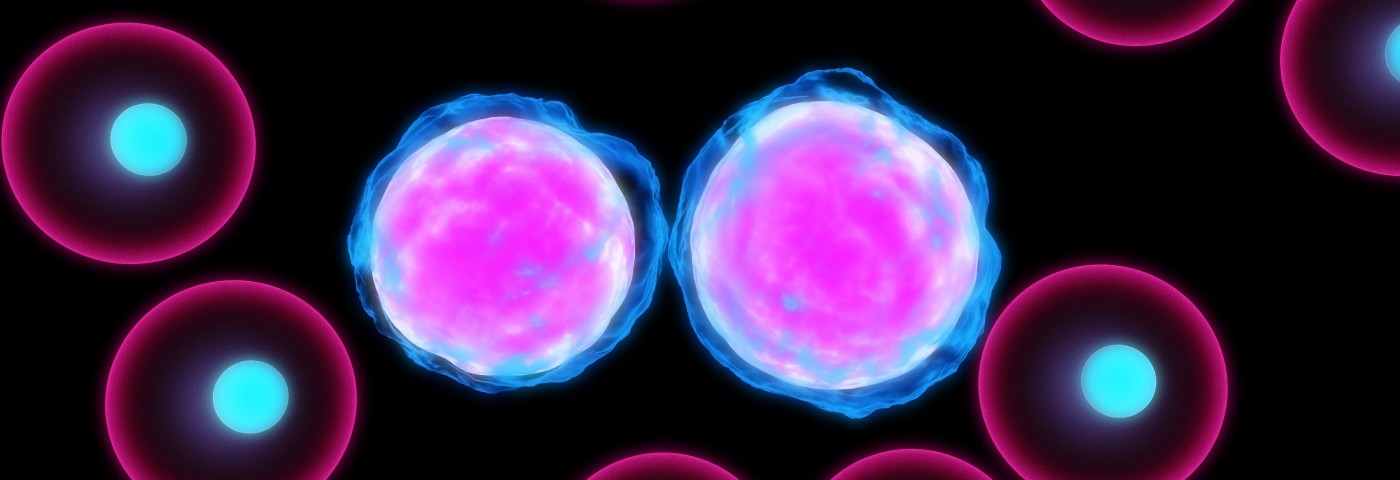A combination therapy of the immunomodulatory drug lenalidomide together with rituximab, an anti-CD20 antibody, in patients with mantle-cell lymphoma has shown positive responses from most participants in a clinical trial. The report entitled “Lenalidomide plus Rituximab as Initial Treatment for Mantle-Cell Lymphoma” was published in The New England Journal of Medicine.
Mantle-cell lymphoma (MCL) is a rare type of B-cell non-Hodgkin’s lymphoma, characterized by the production and accumulation in lymph nodes of abnormal B lymphocytes, white blood cells essential to the adaptive immune response. Treatment frequently involves chemotherapy, however, MCL is mainly diagnosed in patients over 60 years of age, and the aggressiveness of chemotherapy can be too hard on these fragile patients who often have other debilitating conditions as well. Jia Ruan, MD and associate professor of clinical medicine at Weill Cornell Medicine in New York, explained how patient characteristics prompted researchers to look for other alternatives, “Conventional, intensive treatment may be out of reach or undesirable for many patients with mantle cell lymphoma who often receive less intensive or palliative care that is of limited benefit” Dr Ruan stated in a news release, “This inspired us to look for a less toxic, biological option with novel drugs that could easily be administered and more widely applicable.”
Dr. Juan and colleagues combined two drugs that have been proven active in patients with recurrent MCL, lenalidomide and rituximab. While lenalidomide induces tumor cell death and modulates the immune system, rituximab is a monoclonal antibody specific for CD20, a protein found on the surface of B cells.
The phase 2 study included induction and maintenance phases, where 38 patients with different degrees of disease severity were first medicated with lenalidomide at a dose of 20 mg daily on days 1 to 21 of a 28-day cycle repeated 12 times. If no dose-related events were observed, dosage was changed to 25 mg per day after the first cycle. In the maintenance phase, this drug was delivered at 15 mg per day. Rituximab was administered once per week during the first 4 weeks and then once every other cycle, until disease progression. The study’s primary endpoint was set to overall response rate and secondary endpoints set to survival, safety and quality of life.
Results showed that the overall response rate at 30 months of follow-up was 92% and complete response rate was 64%. Moreover, the 2-year progression-free survival was estimated at 85% and the 2-year overall survival at 97%. In terms of adverse events, researchers observed neutropenia (50%), rash (29%), thrombocytopenia (13%), inflammatory syndrome (11%), anemia (11%), serum sickness (8%) and fatigue (8%) accounted as the most common ones.
The observed overall positive response to treatment was accompanied by an improvement of quality of life reported by the patients. “For patients, their quality of life was preserved or improved, and that’s a huge step up from regular chemotherapy. With this frontline treatment, we were able to achieve a very high quality and durable response rate without needing to use chemotherapy. It is very meaningful for the patients who have always been told that their disease is without a cure,” Dr Ruan concluded.


